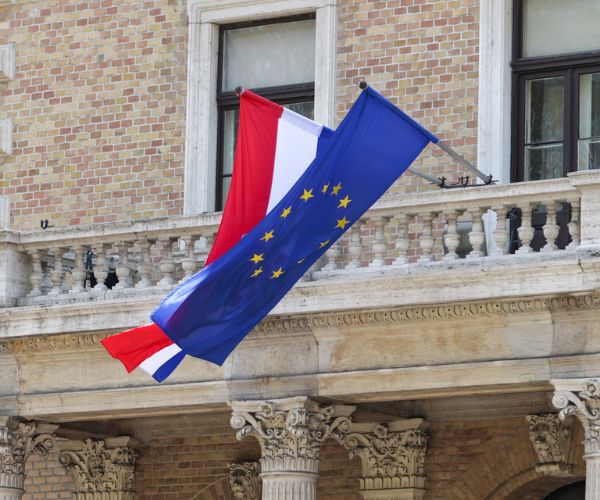Croatia has been a member of the European Union since July 1, 2013, and as of January 1, 2023, it will be the 27th member of the Schengen zone – a free zone for travel and movement within member nations and territories.
A warm Schengen welcome
Following the European Parliament’s favourable judgment on Croatia’s accession to Schengen on November 10, and the European Commission’s confirmation on November 17, the Council of the EU eventually unanimously recognized Croatia’s admittance into the Schengen area on December 8, 2022.
What does this signify for Croatia and tourism?
All visitors with a valid Schengen visa can now visit Croatia and stay within the zone (in Croatia or other zone countries) for up to 90 days without interruption. Schengen is the largest border-free zone of 27 countries, with over 400 million inhabitants, and the Schengen visa permits you to travel freely among all Schengen countries. Following the official announcement, Croatia started working on a scheme to eliminate all road and sea borders on January 1, 2023, with airport borders to be lifted in March 2023.
Another significant benefit is the easier and faster flow of commodities across borders; although Croatia joined the EU 10 years ago, borders meant more paperwork, more bureaucracy, and more business expenses.
Admission to the Schengen zone is also a significant benefit for tourism, especially given that tourism accounted for 21% of Croatia’s total GDP in 2019, which is significantly more than in most EU nations. Those driving by car will arrive at their destinations considerably faster, while those travelling by air should have a trouble-free “country” crossing.
Additionally, travellers who previously required a supplemental Croatian visa in addition to their Schengen visa will no longer be required to do so and can now visit Croatia with only their Schengen visa. As the COVID-19 epidemic becomes part of the past, it is projected that luxury leisure and business travellers from the Far East and Australia will resume their customary 10- to 14-day journeys throughout Europe (Schengen zone), possibly including additional stops in Croatia.
Introduction of Euro
Another significant step Croatia has taken toward full European integration is the adoption of the euro as its official currency. Croatia became the 20th member of the eurozone on January 1, 2023, with the purpose of reducing currency risk, strengthening its economy,…
Click Here to Read the Full Original Article at A Luxury Travel Blog…
